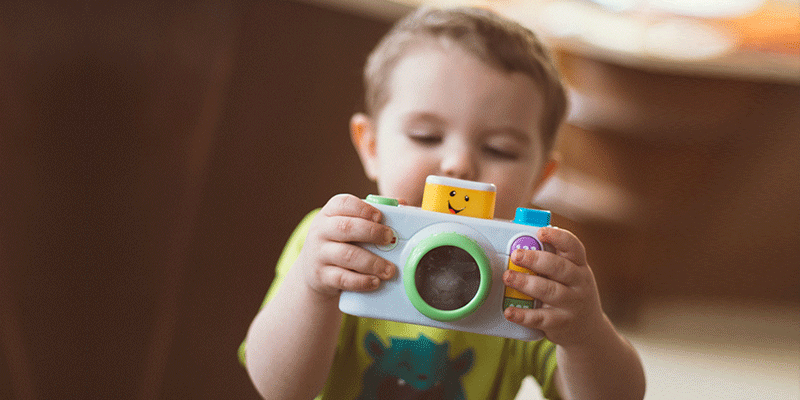
How to Survive Separation Anxiety
- Create quick good-bye rituals.Even if you have to do major-league- baseball–style hand movements, give triple kisses at the cubby, or provide a special blanket or toy as you leave, keep the good-bye short and sweet. If you linger, the transition time does too. So will the anxiety.
- Be consistent. Try to do the same drop-off with the same ritual at the same time each day you separate to avoid unexpected factors whenever you can. A routine can diminish the heartache and will allow your child to simultaneously build trust in her independence and in you.
- Attention: When separating, give your child full attention, be loving, and provide affection. Then say good-bye quickly despite her antics or cries for you to stay.
- Keep your promise. You’ll build trust and independence as your child becomes confident in her ability to be without you when you stick to your promise of return. The biggest mistake I ever made in this regard was returning to class to “visit”my son about an hour after a terrible transition. I was missing him, and although the return was well intended, I not only extended the separation anxiety, we started all over again in the process. When I left the second time (and subsequent days) it was near nuclear.
- Be specific, child style. When you discuss your return, provide specifics that your child understands. If you know you’ll be back by 3:00 pm, tell it to your child on his terms; for example, say, “I’ll be back after nap time and before afternoon snack.”Define time he can understand. Talk about your return from a business trip in terms of “sleeps.”Instead of saying, “I’ll be home in 3 days,” say, “I’ll be home after 3 sleeps.”
- Practice being apart. Ship the children off to grandma’s home, schedule playdates, allow friends and family to provide child care for you (even for an hour) on the weekend. Before starting child care or preschool, practice going to school and your good-bye ritual before you even have to part ways. Give your child a chance to prepare, experience, and thrive in your absence!
It’s rare that separation anxiety persists on a daily basis after the preschool years. If you’re concerned that your child isn’t adapting to being without you, chat with the pediatrician. Your pediatrician has certainly helped support families in the same situation and can help calm your unease and determine a plan to support both of you!
Additional Information:
- Top Tips for Surviving Tantrums
- Making Drop Off at Child Care Easier
- Working Mothers
- Preparing Your Child for Child Care
- Author Wendy Sue Swanson, MD, MBE, FAAP
Last Updated 11/21/2015
Source Mama Doc Medicine: Finding Calm and Confidence in Parenting, Child Health, and Work-Life Balance (Copyright © 2014 Wendy Sue Swanson)
The information contained on this Web site should not be used as a substitute for the medical care and advice of your pediatrician. There may be variations in treatment that your pediatrician may recommend based on individual facts and circumstances.





